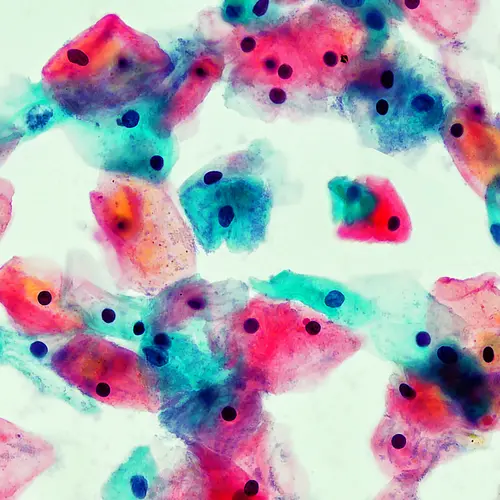Aug. 8, 2023 -- A Harvard study says air pollution might increase the danger of developing colorectal and prostate cancer. Even low levels of air pollution exposure may make people particularly susceptible to these cancers as well as breast and endometrial cancers.
Researchers at the T.H. Chan School of Public Health looked at records for millions of people on Medicare between 2000 and 2016. They found that long-term exposure to fine particulate air pollutants (PM2.5) and nitrogen dioxide (NO2) raised the risk of cancer.
Air pollution previously was shown to be linked to lung cancer, but few studies have examined its link to these other types, according to a Harvard press release.
“Our findings uncover the biological plausibility of air pollution as a crucial risk factor in the development of specific cancers, bringing us one step closer to understanding the impact of air pollution on human health,” said Yaguang Wei, PhD, research fellow in the Department of Environmental Health in the release. “To ensure equitable access to clean air for all populations, we must fully define the effects of air pollution and then work towards reducing it.”
Chronic PM2.5 and NO2 exposures increased the risk of developing colorectal and prostate cancers but were not associated with endometrial cancer risk, Harvard said. “For breast cancer, NO2 exposure was associated with a decreased risk, while the association for PM2.5 was inconclusive.”
The study was published in Environmental Epidemiology.
“The key message here is that U.S. air pollution standards are inadequate in protecting public health,” said senior author Joel Schwartz, professor of environmental epidemiology. “The Environmental Protection Agency recently proposed stricter standards for PM2.5, but their proposal doesn’t go far enough in regulating this pollutant. Current NO2 standards are also woefully inadequate. Unless all of these standards become much, much stricter, air pollution will continue to result in thousands of unnecessary cases of multiple cancers each year.”
